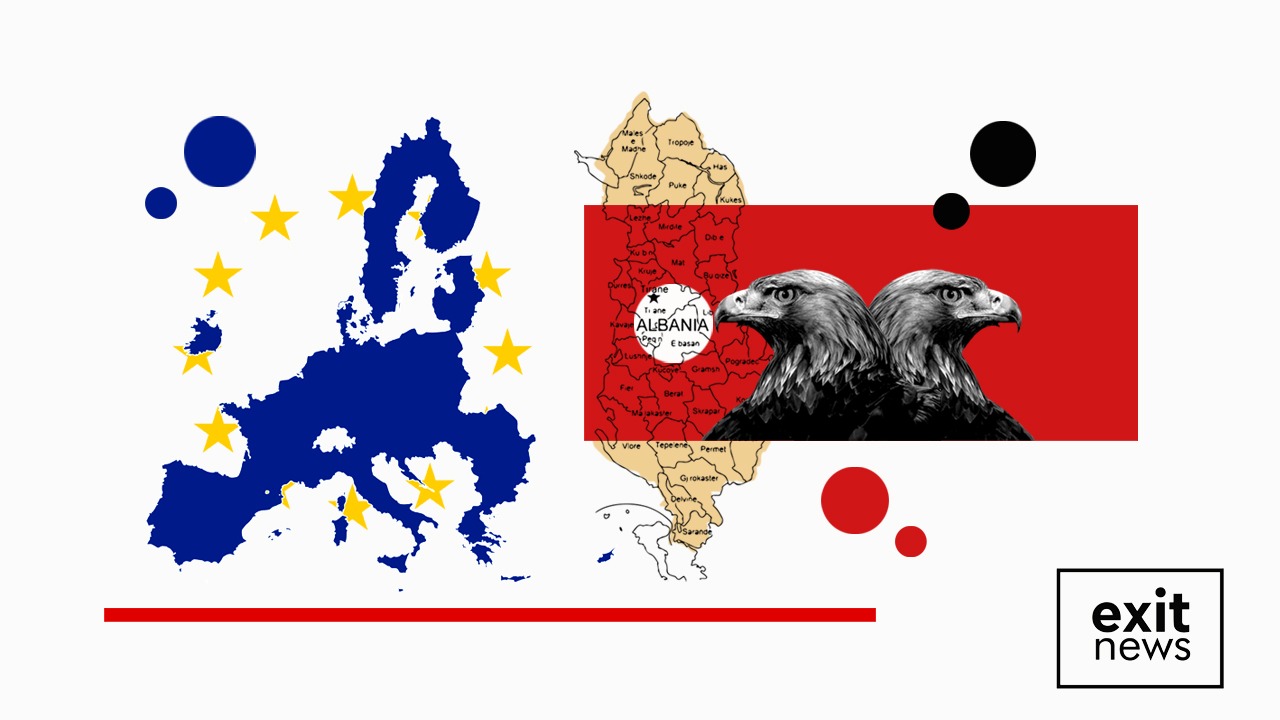

Albania must shelve its ‘golden passports’ plan and crack down on money laundering and corruption, according to the country report for 2022 published on Thursday by the European Commission.
The report gives an overview of the state of play in terms of its path to EU membership, focussing on developments, improvements, and areas of concern from the last 12 months.
In 2019, EURACTIV’s partner Exit.al reported on the government’s plan to offer Albanian citizenship to wealthy foreigners in return for a cash payment and investment in the country. The idea was put on the back burner following condemnation from the Commission until earlier this year when a law was passed allowing applications to be processed by a third-party company.
The report clearly states that “Albania should give up the development of a citizenship scheme for investors (golden passports) as it would present risks, as it concerns security, money laundering, tax evasion, terrorist financing, corruption and infiltration of organised crime and would be incompatible with EU norms”.
Albania was also warned over its proposed fiscal amnesty. Under the proposal, any foreign citizen or Albanian can deposit up to €2 million in non-declared money into the Albanian banking system while enjoying legal immunity and a 5-10% tax.
A previous version of the law was slammed by the IMF and EU, while this version has been subject to tense discussions between the government, the EU, and various diplomatic missions in Tirana.
The Commission’s report states that such an initiative could jeopardise the progress made in the area of money laundering and would be against advice from the EU and Moneyval. The report also notes that Albania remains on the grey list of the Financial Action Task Force.
Another issue of concern is freedom of expression, where Albania did not progress in the last year, according to the Commission.
“The intertwining of business and political interests continued to hinder media independence and the quality of journalism. Disinformation, including smear campaigns, is frequent, especially in online media, whose self-regulation must be ensured,” it reads.
The report continues that an environment of verbal attacks, acts of intimidation against journalists, and the looming ghost of the so-called “anti-defamation package” are also cause for concern.
According to the Commission, “it remains important to ensure that the media has direct and transparent access to government institutions and their activities” and also, “the regulatory activity of the Authority for Audio-Visual Media (AMA) must be improved and the independence and resources of public broadcasters must be strengthened”.






